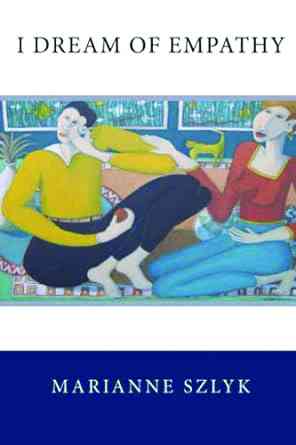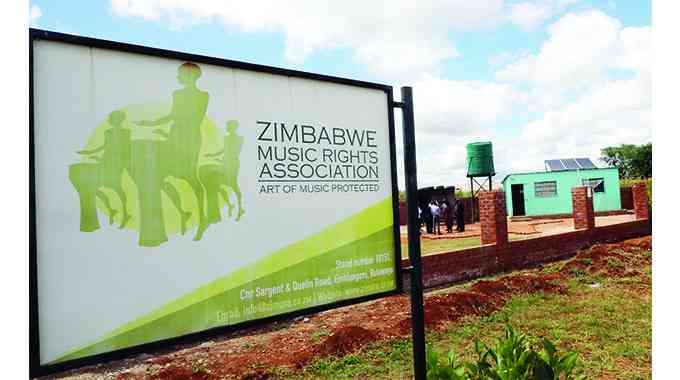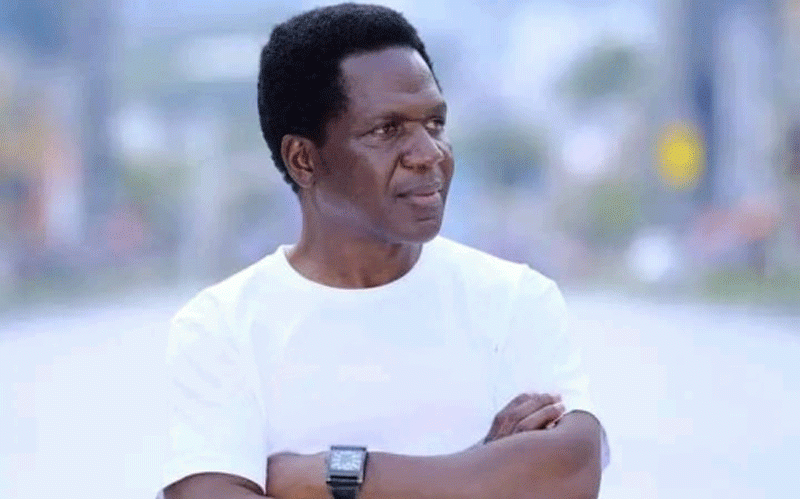
From powerfully haunting poems such as ‘In the Year of Drought’ to ‘What Will become of this City,’ Marianne Szlyk’s ‘I Dream of Empathy’ is a significant and urgent addition to the poetry collection market.
The very first pages of this book have the ability to grab a reader by the heart and the brain.
How does the poet manage this feat? She seems to do this with ease and charm, primarily and carefully through her use of vivid imagery, realia, flashbacks and juxtaposition.
For example, the poet talks about a miserable man who was carried to an oak. The photo of a hang tree reminds her of days in Oregon.
‘I dream of empathy’
I dream of empathy
but I wake up
to a photograph
- Irrigation panacea to droughts: Haritatos
- 60% of Zim has never known electricity
- Hunger stalks Chiredzi villagers
- Hunger stalks Chiredzi villagers
Keep Reading
of a hang tree.
Years later in California
the tree still stands
with its silver-white bark,
wise body hair of moss,
and branches flung
against a paper-winter sky.
The photograph on the wall
reminds me
of my days in Oregon,
tickling off the madrone,
the chinkapin,
even the sequoia in a yard,
As the poet explores the plight and blight of immigrants or other vulnerable people living under harsh conditions characterised by the trash of daily life, swarms of mosquitoes—the crucial question is: do contemporary citizens and leaders of this world have the conscience and capacity to place themselves in other people`s shoes?
In The Third Year of the Drought’
Drapes across the windows
conceal the landscape outside:
the solitary trees, the metallic sky,
the scuffed hills that were once
pillows for a dead man`s dreams,
back when it rained all winter
and he was a young man
imagining himself old.
Only the immigrants are outside,
riding bicycles on the ash-black road
in the harsh sun and constant drought.
As I was devouring this collection word by word, sentence by sentence, I couldn’t help thinking and asking: have we become worse than apes?
Empathy is thought to be deep-rooted in our bodies, brains and our history of evolution.
Offering up images that see with refined and refreshing revelation, Marianne succeeds in galvanising a reader into being intimate with the dream of empathy, its realities, its emotions and experiences.
Perhaps the following piece epitomises the poet`s knack for fashioning an impactful literary journey.
The wonderful imagery invoked by the heart of this piece still lingers and weighs on my mind.
‘She wonders what will become of this city’
The sky above swells into a bruise over a blood vessel.
Swarms of mosquitoes rise from puddles and gutters.
It is always about to rain, sometimes about to thunder.
Acid rain cannot cleanse the ground or the air.
The pages of books dampen and thicken,
becoming too heavy to turn, too blurred to read.
The green fuzz of moss grows over trees
like plague on teeth. Bones ache with decay.
Buses stall. Last year today would have been Code Red.
No one walks. No one rides for free.
She wonders what will become of this city
once the oceans rise and ghost towns form like coral reefs.
The lesson I have drawn from this rare collection is that our morality depends on empathy.
For a better world to emerge, it is imperative to understand and embrace the capacity to emotionally and mentally trade places with fellow human beings, especially those who are languishing in dire situations.
This is a great and gratifying book that deserves to be read and cherished for posterity.
*****About the author
- Marianne Szlyk is a professor at Montgomery College and the editor of ‘The Song Is...’ I Dream of Empathy, was published by Flutter Press. Marianne is a professor of English at Montgomery College in Maryland USA.
About the reviewer
- Ndaba Sibanda is a Bulawayo-born poet, novelist and nonfiction writer who has authored twenty-eight published books of various genres and persuasions and co-authored more than 100 published books. Some of Ndaba`s works are found or are forthcoming in Page&Spine, Piker Press, SCARLET LEAF REVIEW, Universidad Complutense de Madrid, the Pangolin Review, Kalahari Review, Botsotso, The Ofi Press Magazine, Hawaii Pacific Review, Deltona Howl, The song is, JONAH magazine, Saraba Magazine, Poetry Potion, Saraba Magazine, The Borfski Press, East Coast Literary Review The Polk Street Review and Whispering Prairie Press. Sibanda has received the following nominations: The National Arts Merit Awards (NAMA), the Mary Ballard Poetry Chapbook Prize, the Best of the Net Prose and the Pushcart Prize. He is a three -time Pushcart Prize nominee.











